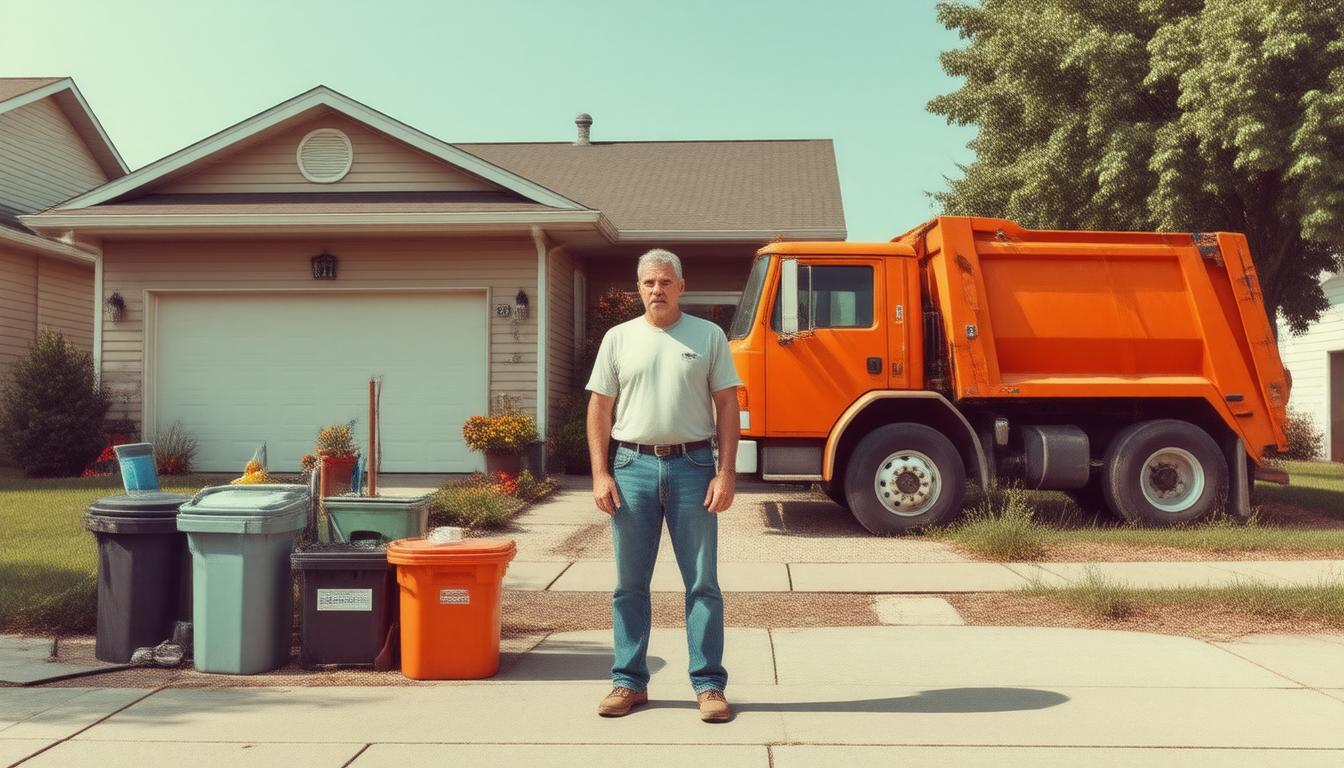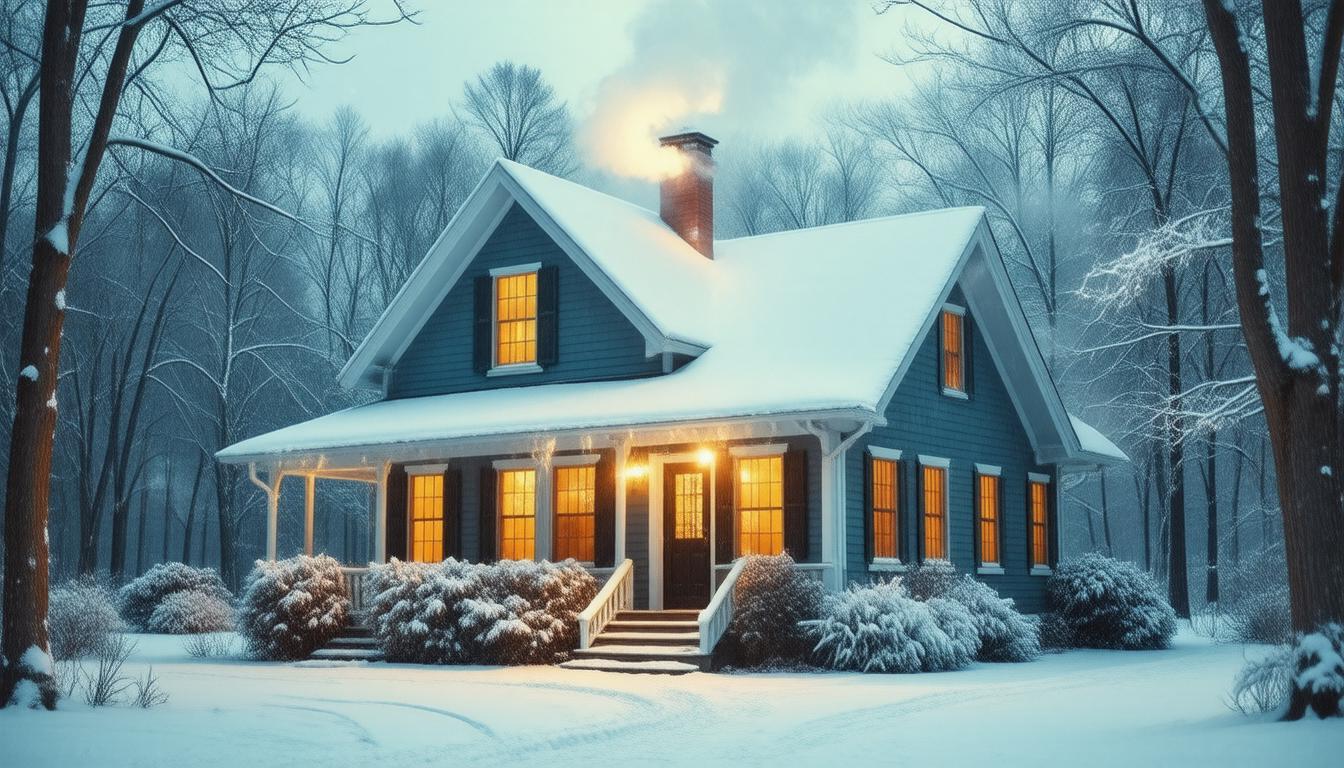
When navigating the complex process of buying or selling a property, due diligence is an essential component that ensures both parties have a clear understanding of the property’s condition. Sewer inspections, often overlooked, play a pivotal role in this process. They are paramount because they directly affect the functionality and safety of the property’s waste disposal system.
Sewer inspections involve using specialized cameras and other equipment to examine the condition of the pipes that carry waste away from the property. These inspections can help to identify any damage, blockages, or other issues that could lead to costly repairs in the future.
The Benefits of Sewer Inspections for BuyersFor potential buyers, a sewer inspection can provide peace of mind by revealing the true condition of the property’s sewage system. It helps uncover issues such as tree root infiltration, pipe corrosion, or other damages that could potentially cause sewage backups and flooding.
Investing in an inspection can save buyers thousands of dollars in the long run by identifying any necessary repairs before finalizing the purchase. The cost burden then can either be negotiated with the seller to have them resolved prior to closing, or the buyer may choose to request a reduction in the sale price to address the repairs after ownership changes hands.
The Advantages for Sellers to Conduct Sewer InspectionsFor sellers, conducting a sewer inspection prior to listing the property can enhance the property’s value and desirability. By addressing any sewage system issues beforehand, sellers can assure prospective buyers that the property has been well-maintained. This transparency can help to streamline the selling process, reduce negotiation points, and may even result in a higher selling price.
Moreover, discovering and addressing sewer issues early can avoid any unpleasant surprises that might arise during the buyer’s inspection, which could potentially derail a sale or lead to last-minute bargaining.
What Sewer Inspections EntailA professional sewer inspection typically involves inserting a camera into the property’s sewer line. The camera captures real-time video footage that allows inspectors to visually assess the condition of the sewer pipes. Inspectors will look for cracks, blockages, misaligned pipes, signs of deterioration, and other issues that could impede the sewer system’s operation.
The inspection may also cover parts of the system that are harder to access, providing a comprehensive review of potential problems. Based on the findings, recommendations for maintenance, repairs, or replacements are provided.
Selecting the Right Inspection ProfessionalsChoosing an experienced and reputable inspector is crucial for a thorough and accurate examination of the property’s sewer line. Licensed professionals who specialize in plumbing and sewage systems are the best candidates for this job. They possess the knowledge, equipment, and expertise necessary to conduct a detailed inspection.
Homebuyers or sellers should seek recommendations from trusted real estate agents or check online reviews to find a reliable service provider. Additionally, it’s important to ensure that the chosen professional is insured and bonded to protect against any accidental damages during the inspection.
ConclusionSewer inspections are a vital component of real estate due diligence that should not be overlooked. Whether you are buying or selling, understanding the integrity and functionality of the property’s sewer system can save you from future headaches and financial burdens. It’s an investment in property knowledge that offers significant returns by fostering a transparent and confident real estate transaction.







